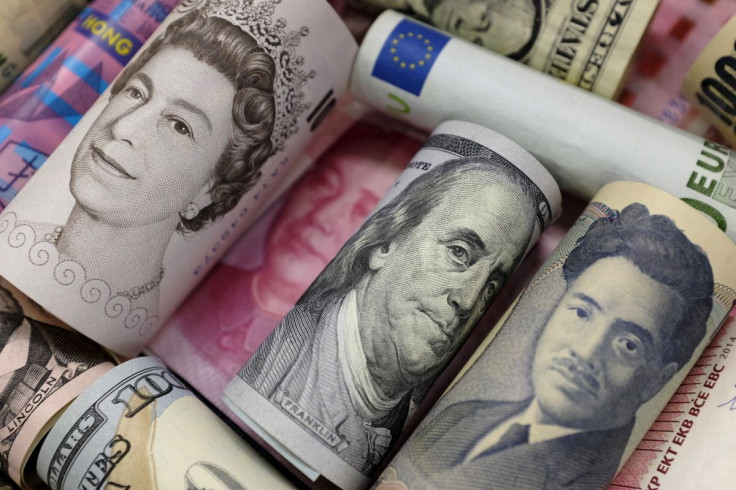Dovish BoJ Sends Yen To 20-year Low, MOF Sends Warning Shot

The dollar shot past the key level of 130 yen for the first time since 2002 on Thursday as the Bank of Japan doubled-down on its dovish policy, triggering a warning from Japan's Ministry of Finance not to push the yen too far.
There had been some market speculation the BOJ might step back a little given the pressure building across foreign exchange markets but it showed no hesitation.
"The BoJ gave the 'all clear' to continue selling the yen", commented Lee Hardman, a currency analyst at MUFG Bank in London.
The sell-off triggered by the BoJ saw the dollar soar close to 2% and as high as 131 yen, its highest in 20 years.
The yen recouped some losses after an official from the Ministry of Finance warned against "excessive volatility in currency moves."
Still, at 1005 GMT, the dollar was still up 1.7% 130.59 yen.
The BOJ's commitment to its zero-rate programme puts it at odds with the U.S. Federal Reserve, for which markets are pricing over 150 basis points of hikes in just three meetings.
The policy gap between the two central banks boosted the dollar index, which rose as high as 103.70, its highest in five years and just a whisker from levels not visited since 2002.
Other Asian currencies were also under pressure. Against China's yuan traded offshore, the dollar reached as high as 6.6562 yuan, its highest since November 2020.
Meanwhile the euro briefly touched a more than five-year low of $1.0481, bringing its losses for the month to 5%, which would be its worst pummelling since early 2015.
Speculation is now growing that the common currency could be on course towards parity with the dollar, a level not reached since 2002.
"It's certainly looking like a realistic possibility", Hardman argued, noting another key support at $1.034, a level last reached in 2017.
The common currency could however see some support if the European Central Bank decided to hike rates in July, a possibility which president Christine Lagarde opened the door to on Wednesday.
Investors nevertheless speculate that the economic impact of a sudden disruption of Russian gas supplies to Europe may deter the central bank from tightening monetary policy aggressively.
"The FX options market assigns a 35% probability to EUR/USD trading 1.00 at any time before year-end", ING analysts wrote in a morning note.
One possible pothole for the dollar will be data on U.S. gross domestic product due later on Thursday.
© Copyright Thomson Reuters 2024. All rights reserved.











